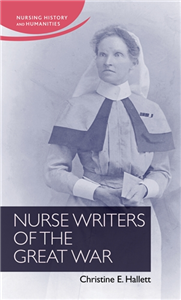Encouragement, Care and Treatment for People with Severe Disabilities, Illness and in Old Age
Eating, drinking, nutrition, and mealtimes play a central role in the daily lives of people with physical and mental disabilities. This publication discusses people with multiple disabilities and cognitive impairments, such as dementia, as well as people in a persistent vegetative state. This practical handbook
- identifies problems with eating and drinking among people with severe disabilities and outlines their causes
- provides comprehensive, practical guidance on working with people with sensory and motor problems, swallowing difficulties, eructation, nausea and malnourishment
- presents posture and positioning aids and techniques to encourage drinking, digestion, basal stimulation, and enteral nutrition
- integrates interdisciplinary perspectives from education studies, nursing, and therapy, taking the patient’s life story into account, and discusses working with relatives in drawing up a care plan.
Target Group: Practicing nurses, disability support workers, rehabilitation nurses and therapists, basal stimulation trainers, and other health care professionals
























